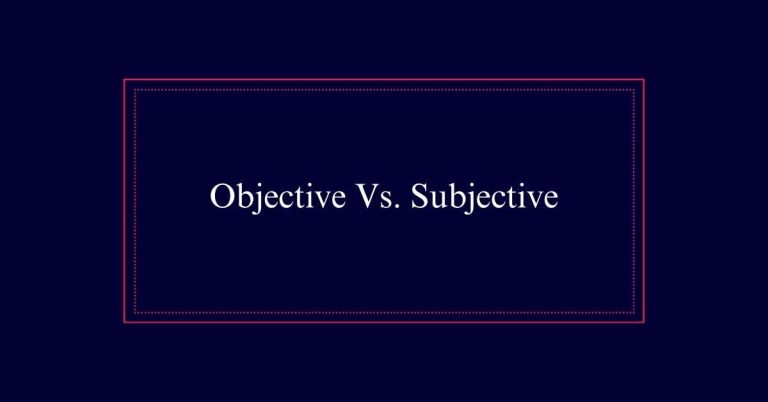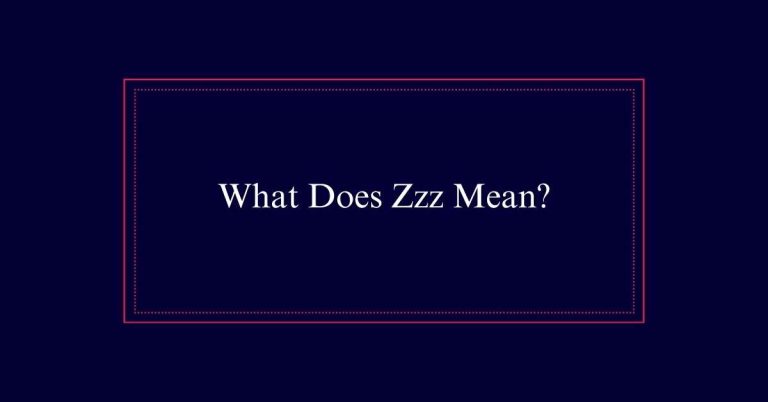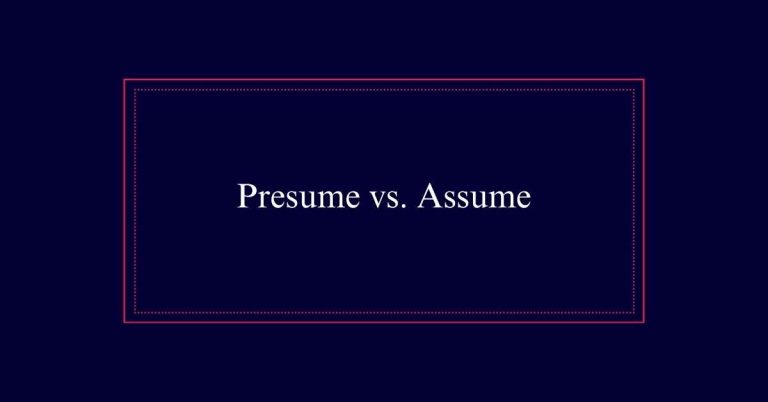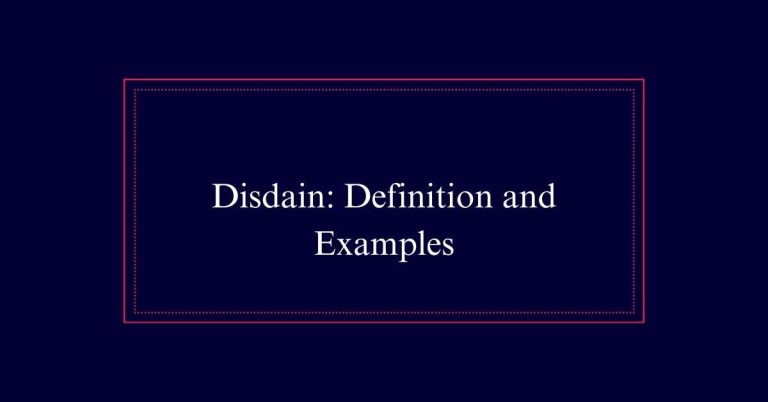What Does Lmk Mean?
‘Lmk’ stands for ‘let me know.’ It is a widely used abbreviation in electronic communication, helping to request information or updates efficiently. The term became popular with the rise of text messaging and online chatting, eventually gaining acceptance in both personal and professional contexts.
Definition of Lmk
Lmk is an abbreviation that stands for ‘let me know.’ It is widely used in electronic communication to request information or updates. This shorthand has become a staple in both formal and informal settings.
When someone uses ‘lmk,’ they are seeking a response or confirmation on a particular matter. It is convenient for quick exchanges and is often found in emails, text messages, and social media.
Despite its brevity, ‘lmk’ effectively conveys the need for feedback or information. It simplifies communication by saving time and space, making it easier for individuals to coordinate and plan.
Historical Usage
The use of ‘lmk’ in electronic communication has a history that extends over a decade, marking its evolution into a staple phrase for requesting updates or information. It first gained popularity with the rise of text messaging and online chatting.
As people sought quicker ways to communicate, abbreviations like ‘lmk’ became common. Early adopters were primarily younger users and tech enthusiasts. Over time, its use expanded into more formal contexts, including workplace emails and professional messaging apps.
Communication Staple
In modern communication, ‘lmk’ has become an indispensable tool for efficiently requesting updates and information. This abbreviation, short for ‘let me know,’ streamlines conversations by quickly conveying a need for a response. Its brevity enhances clarity, making it a preferred choice in both professional and personal exchanges.
‘Lmk’ is particularly valuable in fast-paced environments where time is essential. It helps maintain concise and direct communication, ensuring that messages are easily understood.
Requesting Information
When requesting information, using ‘lmk’ offers a convenient and efficient way to prompt a response.
This abbreviation stands for ‘let me know’ and is widely understood in modern communication. Its brevity makes it suitable for quick messages, whether through email, text, or other electronic formats.
When you need someone to provide details or updates, ‘lmk’ serves as a clear and direct prompt. For example, ‘Lmk when you receive the report’ clearly asks for confirmation.
This approach saves time and guarantees that your request is easily understood. Utilizing ‘lmk’ in your messages can streamline communication by prompting timely responses, thereby facilitating smoother coordination and planning.
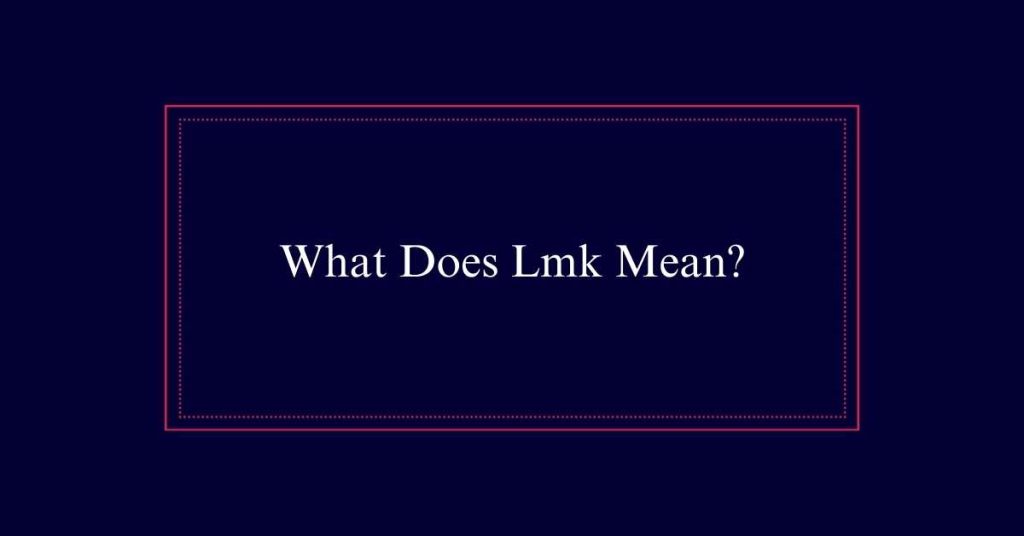
Formal Vs. Informal Use
While ‘lmk’ is efficient for requesting information, its appropriateness varies between formal and informal contexts.
In informal settings, such as personal messages or casual group chats, ‘lmk’ is widely accepted and understood. Its brevity is appreciated for quick, efficient communication.
However, in formal contexts, such as professional emails or official documents, ‘lmk’ may be perceived as too casual. It is advisable to use the full phrase ‘let me know’ or other formal alternatives like ‘please inform me’ to maintain professionalism.
The choice depends on the relationship with the recipient and the formality of the situation.
Work-Related Contexts
For work-related contexts, ‘lmk’ can streamline communication and improve efficiency. It is essential to bear in mind that requesting updates or information without lengthy explanations can be beneficial.
Using ‘lmk’ in emails or instant messages helps to speed up responses and keep conversations clear. It can be particularly useful in project management, scheduling, and coordination tasks. For example, a supervisor might write, ‘Lmk your progress by end of day.’ This saves time and is straightforward.
However, it is crucial to take into account your audience. If you are unsure whether the recipient understands ‘lmk,’ opt for the full phrase, ‘let me know.’
Consistent Capitalization
Essential capitalization of ‘lmk’ is important to maintain clarity in communication. When using abbreviations, uniformity helps avoid confusion.
‘Lmk’ is typically written in lowercase, and deviating from this can cause misunderstandings. For instance, using ‘LMK’ might seem too informal or overly casual in a professional setting. Conversely, ‘lmk’ maintains a neutral tone, suitable for both formal and informal contexts.
Consistency in how ‘lmk’ is presented guarantees that the abbreviation is easily recognizable and understood by all recipients.
Usage Examples
In various scenarios, ‘lmk’ can be effectively used to request timely updates or information.
For example, in a work setting, one might say, ‘Lmk when you receive the report.’ This prompts the recipient to confirm receipt without delay.
In social contexts, it can be used to coordinate plans, such as, ‘I’ll go if you go, but lmk what time so I can prepare.’
It is also useful for managing personal schedules, as in, ‘I think I’m coming down with something. Lmk, I can change the reservation.’
Enhancing Efficiency
Using ‘lmk’ greatly streamlines communication by reducing the time needed to convey requests for updates. The abbreviation allows for quicker exchanges, minimizing the length of messages without losing clarity. This efficiency is particularly useful in fast-paced work environments and collaborative projects. By using ‘lmk’, one can foster prompt responses and facilitate smoother coordination among team members.
Here is a comparison table showcasing different aspects of using ‘lmk’ versus its full form:
| Aspect | ‘lmk’ | Full Form |
|---|---|---|
| Length | Short | Longer |
| Speed | Faster communication | Slower |
| Clarity | Clear and concise | Equally clear |
| Formality | Informal to semi-formal | More formal |
Alternatives to Lmk
When ‘lmk’ feels too informal, several alternatives can convey the same request for updates. For instance, ‘Please inform me’ is a straightforward and polite option.
‘Kindly update me’ adds a touch of courtesy.
‘Let me know at your earliest convenience’ shows respect for the recipient’s time.
If seeking specific feedback, ‘I would appreciate your input’ works well.
These phrases can be tailored based on the level of formality required. Each alternative maintains clarity and politeness, ensuring effective communication.


